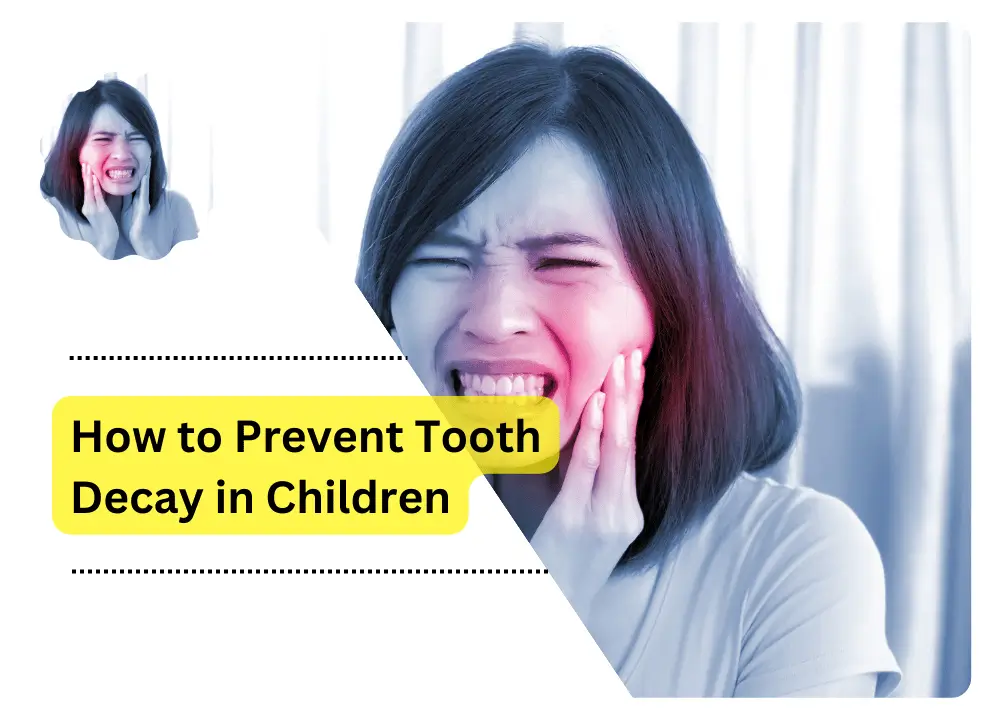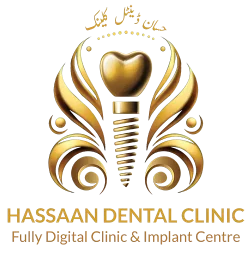From the moment your child loses their first baby tooth, dental decay may start. During teenage years, laser teeth whitening is one option if it continues. More than half of children between the ages of 6 and 8 have cavities, according to research. Damage to the teeth can make it difficult to eat, speak, and perform daily activities. It may begin as soon as your child’s first tooth comes out of the gums and continue until they are an adult. The preventive steps that can be performed to help kids avoid and treat dental decay are examined in this article.
What is tooth decay in children?
The disintegration of a tooth’s enamel, which is its hard outer layer, is known as tooth decay. Cavities, commonly known as dental decay, can result from tooth degradation. These are the teeth’s perforations. If holes are not treated, they may enlarge over time. Sensations may result from a cavity that extends deep into a tooth, where the nerves are located.
What causes children’s teeth to deteriorate?
Tooth decay is caused, among other things, by bacteria. It can happen when carbohydrate-rich meals, like candies and sugars, remain on the teeth. These items include things like bread, cereals, fruit drinks, milk, soda, grapes, candy, and cakes. Oral bacteria produce acids that change certain meals. The material that forms plaque accumulation on teeth is a combination of food particles, saliva, acids, and bacteria. The acids produced by the bacteria destroy the tooth’s surface, causing dental cavities.
Prevention of tooth decay in children:
One of the most prevalent conditions affecting children’s oral health nowadays is tooth decay. Many factors could be the cause of it. The most popular ones include consuming beverages and sugar-filled foods. There are many approaches to keep kids’ teeth healthy. A selection of them are listed below.
When giving your youngster use of your eating utensils, practice care:
There are differences between the microorganisms in your mouth and that of your child’s mouth. Dental decay is an illness that spreads easily. Put another way, if you bite into your child’s spoon, you could introduce bacteria that cause cavities. The same holds with teethers. A part of your gut bacteria is transferred to a dummy when you wash it after using one. For this reason, exercise caution if you have previous experiences with cavities.
Use fluoride toothpaste twice daily:
To get rid of debris between your teeth, clean every day and wash for two minutes twice a day at least. Tooth decay can be avoided with a mouthwash that has a least of 1000 parts per million (ppm) of fluoride. Because fluoride strengthens teeth, it keeps your child’s enamel from decaying. But, if kids consume too much fluoride toothpaste, they could develop fluorosis on their natural teeth.
Give them the proper food:
Everything that your child eats is a breeding ground for the microbes. These microorganisms are responsible for tooth decay. Foods like soda, fruit juices, cakes, and other baked items are known to cause dental disease. It can be difficult to restrict certain foods. But, if your youngster eats the suggested amount of food, tooth decay can be avoided. Avoiding oral health issues depends on eating a balanced diet, particularly in children.
Make sure they stay hydrated with water all day:
Particulates of food are washed away by water. It also maintains the acid-base level and moisture in the mouth. Avert sweet liquids such as athletic drinks and cola. Beverages should also be avoided. Fruit juices are high in sugar, and some are quite acidic (orange juice, for example). Vinegar and sugar work together to nourish the harmful germs in your child’s teeth.
Restricted Consumption of Sugar:
These days, sugar can be found in almost anything we eat and drink. So, it’s more crucial than ever to check what you and your children consume. It’s important to avoid sugar as much as you can if your aim is happy teeth and health. It is because sugar not only attracts tooth-decay germs but also infections and malignancies.
Visit your dentist on a routine basis:
As tooth decay worsens, a dentist can help detect it and provide treatment. ·Consistent dental examinations can prevent tooth decay in your child’s teeth. You can find out from your dentist how frequently your youngster needs examinations. Make sure your kid receives regular dental examinations and extractions every six months.
Conclusion:
In conclusion, if you want to keep your child from getting tooth decay, you need to use the techniques listed above. If it continues until adolescence, laser teeth whitening may be a possibility for therapy. It’s a smart move to discuss this issue with your dentist. Attend regular dental examinations. Give your child a diet rich in nutritious foods to help avoid cavities.



